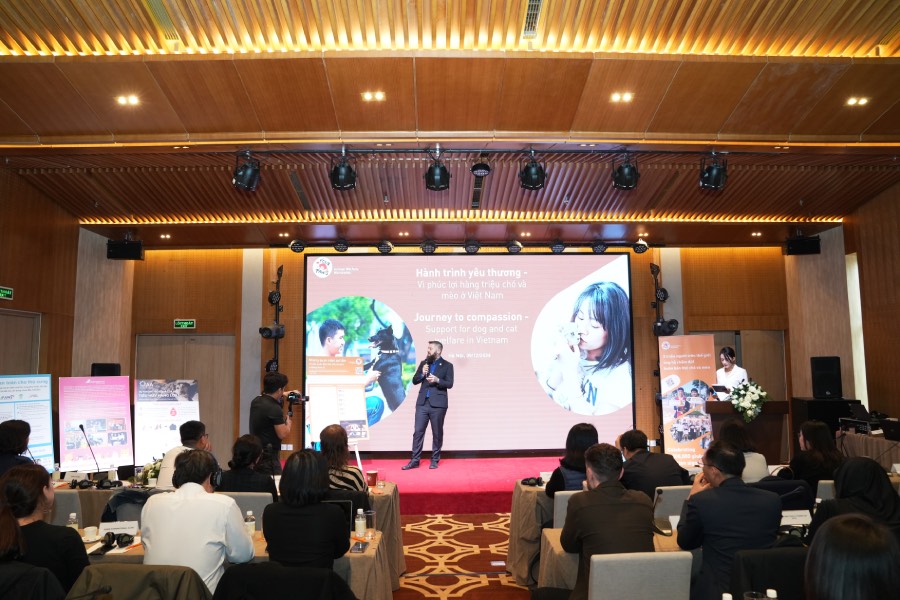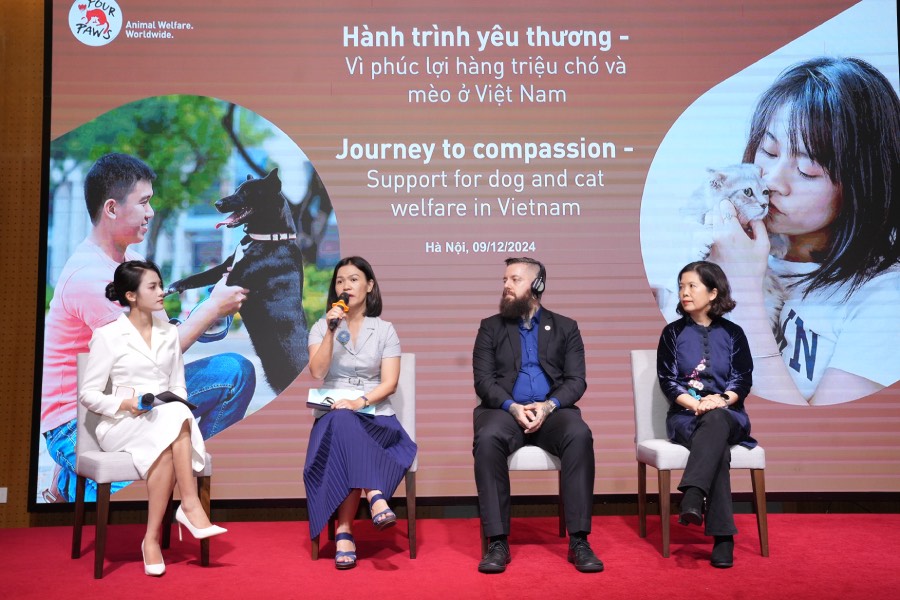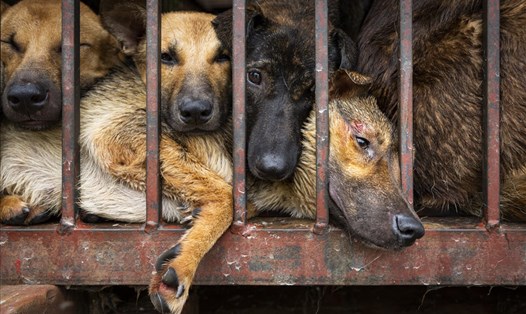Nhat Tan Street, Hoi An has no trace of dog meat restaurant
In many countries, especially in the West, dogs and cats are considered family members, they are considered “companions” instead of pets. In Western culture, treating animals well reflects personal morality. Acts of trading or abusing dogs and cats will be strongly condemned by society and can be severely punished.
The trade and consumption of dog and cat meat is a controversial issue globally. Some countries consider it a traditional eating habit while other countries and animal protection organizations consider it an offensive act that violates animal rights.
In Vietnam, the practice of killing and eating dogs and cats is still prevalent. Dog and cat meat is considered a delicacy in some regions, especially in rural areas, and is associated with important gatherings. However, this practice is increasingly being strongly opposed by the younger generation and animal protection organizations.

Images of dogs and cats being stolen, transported and slaughtered are considered inhumane. Many dogs are tied up, locked tightly in cages, and not given water or food for many days. Animal protection organizations have promoted this, leading to a strong wave of protests that has caused many people to stop eating dog and cat meat.
Nhat Tan (Hanoi) used to be known as a famous place with scattered dog meat restaurants, attracting a lot of people to eat. However, in recent years, the dog meat business in this area has decreased significantly due to the negative impact on the image of Vietnam in the eyes of international tourists. Most of the businesses that used to sell dog meat have switched to peach, kumquat, and flower growing businesses, so now when mentioning Nhat Tan, it is only famous for peach growing.
Currently, Hoi An is the leading city in banning the trade and slaughter of dogs and cats. This is an important step, not only to protect animal rights but also to build the image of a more civilized tourist city.

Ms. Tran Thi Hong Trang, representative of Hoi An City People's Committee, said: "Hoi An's ban on the trade and slaughter of dogs and cats is an important step, marking a change in social awareness of animal rights. We aim to build the image of a civilized, modern and humane tourist destination. This will be a positive signal, hopefully spreading to other localities in Vietnam, contributing to promoting awareness of animal protection."
Also at the workshop, Ms. Vu Huong Giang, Managing Director and Sustainability Coordinator of EASIA Travel, said that international tourists are increasingly concerned about animal welfare and ethical tourism practices. Easia has made great efforts to raise awareness among customers about the dog and cat meat trade, how to properly treat companion animals to ensure their safety, and provide cruelty-free experiences.
The Veterinary Law lacks provisions prohibiting the slaughter of dogs and cats for food.
Hanoi and Ho Chi Minh City have recommended that people give up the habit of eating dog and cat meat to improve the image of civilized and modern cities in the eyes of international tourists. The 2015 Veterinary Law clearly stipulates the quarantine of animals, including dogs and cats, during transportation and slaughter. However, there is no specific provision prohibiting the slaughter of dogs and cats for food.
Vietnam needs to enact comprehensive animal protection laws, specifically regulating the rights of dogs and cats, and prohibiting their slaughter for consumption. In addition, widespread propaganda campaigns should be launched to help people better understand the importance of animal protection and change the habit of eating dog and cat meat.








